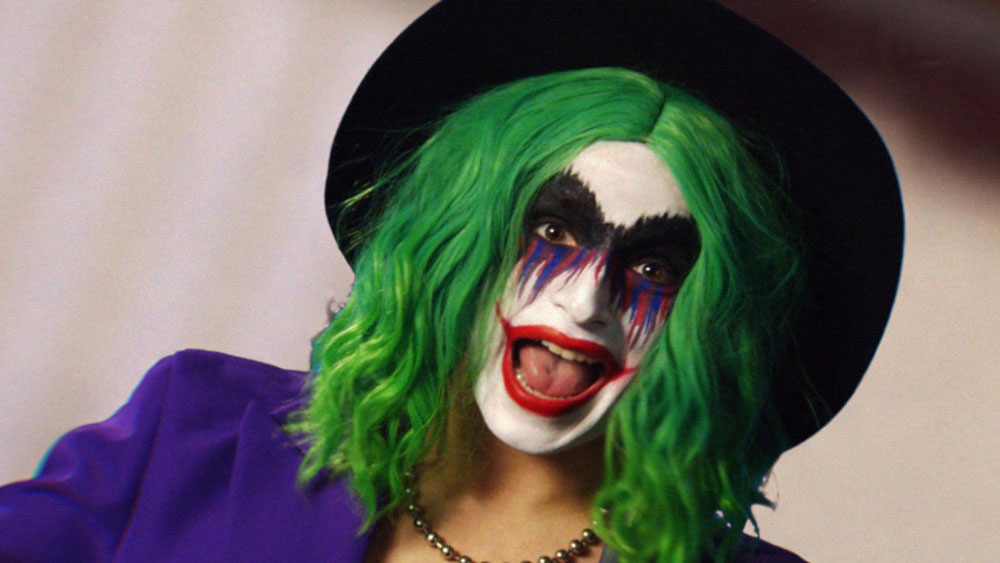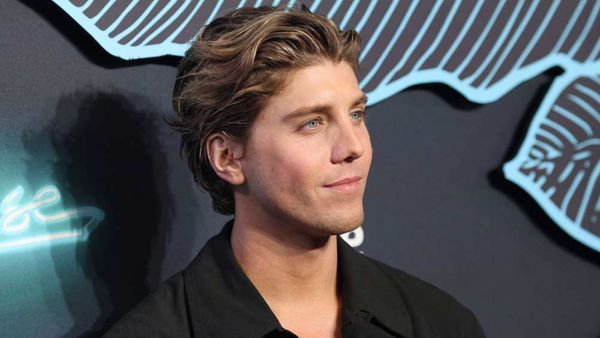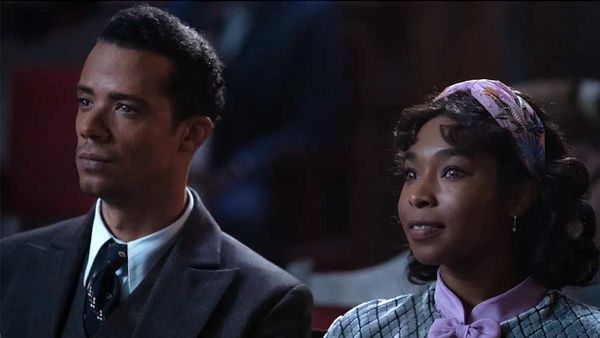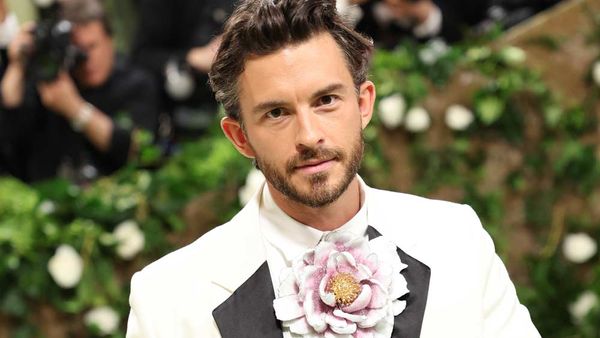
Apr 16
EDGE Interview: Vera Drew Throws Out the Rule Book with 'The People's Joker'
Kilian Melloy READ TIME: 8 MIN.
Vera Drew's superhero satire "The People's Joker" famously drew the attention of Warner Bros. (the studio that makes movies based on DC Comics characters like Batman), and while the studio didn't order the film not to be shown, its concerns resulted in the movie having fewer screenings than initially planned.
You can see why Warner Bros. might be curious. "The People's Joker" riffs on everything from the 1989 "Batman" to Todd Phillips' "The Joker," making comedy out of the superhero genre in general and the Batman movies in particular, but all in service to a deeper message; the film is, Drake, its writer/director/star, tells EDGE, "autobiographical; it is my life." Having seen the movie, what that comment suggests is that Drew has brought the struggles from earlier in her life directly into the movie's storyline and imagery: Growing up trans, having a mother who was not supportive, being subjected to the abysmal pseudoscience of "conversion therapy," trying to find her voice and her identity through comedy, and surviving an emotionally abusive intimate relationship are just some of the serious themes the move takes on.
Watch the trailer to "The People's Joker"
But the film is also a good time: It's riotously funny, wildly inventive, and so overtly low-budget that, as Drew tells EDGE, "You feel the movie being made while you're watching it."
The storyline is right out of the comics. A young child growing up in Smallville begins to sense that they are unlike the other children. When they give voice to a sense of gender-nonconformity, their mother freaks out and sends them to Arkham Asylum in Gotham City, where Dr. Crane forces a smile to the young protagonist's face with a chemical substance. Soon, our hero is using the chemical all the time to deal with the stress and anxiety of their life; but soon, too, they realize they might find community and a career in the big city. Starting a comedy club with a fellow called Penguin, they are soon interacting with all sorts of outcasts from the city's ranks. Meantime, a certain masked vigilante had announced his political ambitions – and his political plans look an awful lot like fascism.
It's in the midst of all this that our hero falls in love with a trans comedian who goes by the moniker Mr. J who wears clown makeup that looks like it was applied in front of a suite of funhouse mirrors. Copying a new style from Mr. J, our hero takes the name Joker and strives to live up to it, seeking deliverance from life's absurdities and cruelties through comedy, and seeking to become a voice for the people by landing a gig on Lorne Michael's highly popular weekly sketch comedy show. But will the gatekeepers of popular culture and mass communication allow Joker to speak their truth?
The film has been a smash success and is headed for a national rollout in theaters. Rest assured, the movie only looks insane; Drew, a professional TV editor, has clearly considered every story beat and visual composition, so that the DIY feel of the film becomes a huge benefit rather than a distraction. More essential is the film's narrative: Its solid storytelling and core message are the sanest thing you're likely to see as we head into another summer blockbuster season.
EDGE spoke with Vera Drew to get her take on the art and purpose of comedy, and to hear about what it took to create a heroic movie that relies on parodic versions of characters we've always seen as villains... but who are the heroes of this particular tale.

Source: Instagram
EDGE: It's been observed that comedy is really about pain.
Vera Drew: Comedy was always a space where I could explore the limits and boundaries within my identity, especially when I was doing performing stuff. That was the only place I ever really felt comfortable doing drag or exploring queerness, and I think doing it in a comedic setting kind of softened it. It also allowed me to explore it and understand myself in a way that felt more emotionally safe.
But I also think it kind of kept me stuck in a state of self-deprecation. By the time I had begun my transition I had been, like every single identity under the sun and didn't really know who I was anymore. I was also very cynical and sarcastic and kind of shut off; just, I think, from being around comics my whole life. I think the movie is [me] processing all of that in a pretty direct and vulnerable way.
EDGE: It seems like super-hero comics are a good fit for queer stories in general: They're brightly colored, inherently campy, and operatic in their dramatic overstatement.
Vera Drew: Absolutely. My entry into Batman and reading books was Joel Schumacher's "Batman Forever." I saw it when I was, like, six years old, which was probably right around the time that I started wanting to make movies. That movie was very colorful and vibrant, but it had that operatic quality to it. It's all about how Bruce Wayne has completely lost himself in this false identity that he's created. It's really heavy shit for a six-year-old. But I was so inspired by that movie, and it was definitely an early instance of me starting to figure out that I was queer or trans. Just seeing Nicole Kidman in that movie, I felt represented somehow – like, I wanted to look like her. I wanted Batman to look at me the way he looked at her.
What's cool about these stories is they can inform identity. I grew up in the '90s, and the only trans representation [I saw] was [on] Jerry Springer and Howard Stern. But I could see myself and these characters. Thank God, because I didn't have anything that was directly talking about the feelings that were coming up for me. I think Batman and Robin and the whole DC canon always had a lot of queer subtext, but I wanted to do whatever the opposite of subtext is in "The People's Joker," and directly talk about queer identity using colorful, fun stuff
Kilian Melloy serves as EDGE Media Network's Associate Arts Editor and Staff Contributor. His professional memberships include the National Lesbian & Gay Journalists Association, the Boston Online Film Critics Association, The Gay and Lesbian Entertainment Critics Association, and the Boston Theater Critics Association's Elliot Norton Awards Committee.







